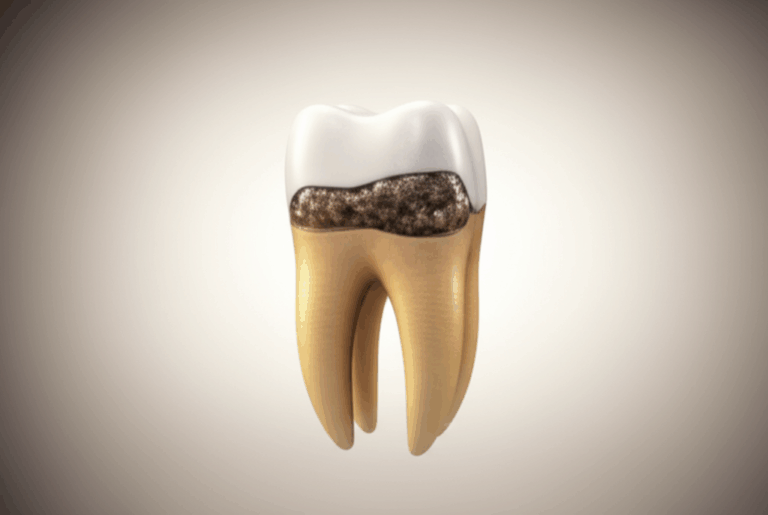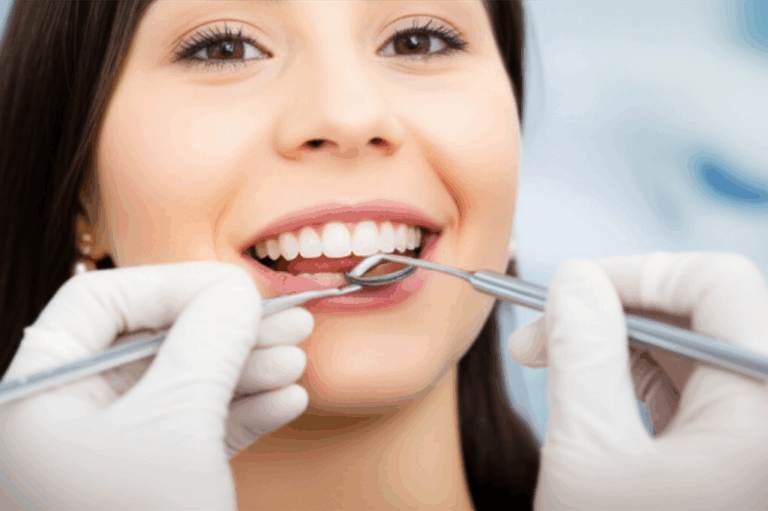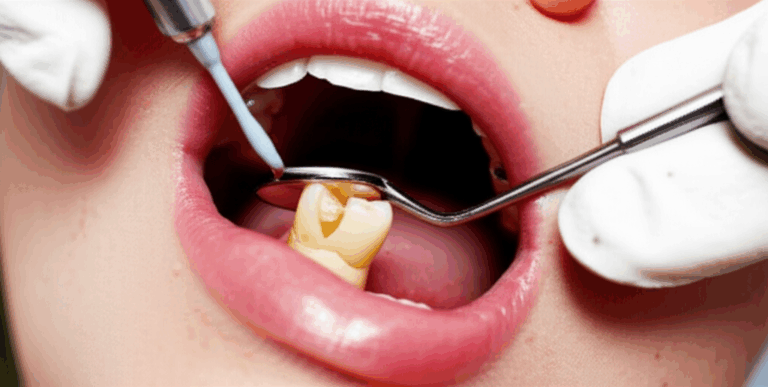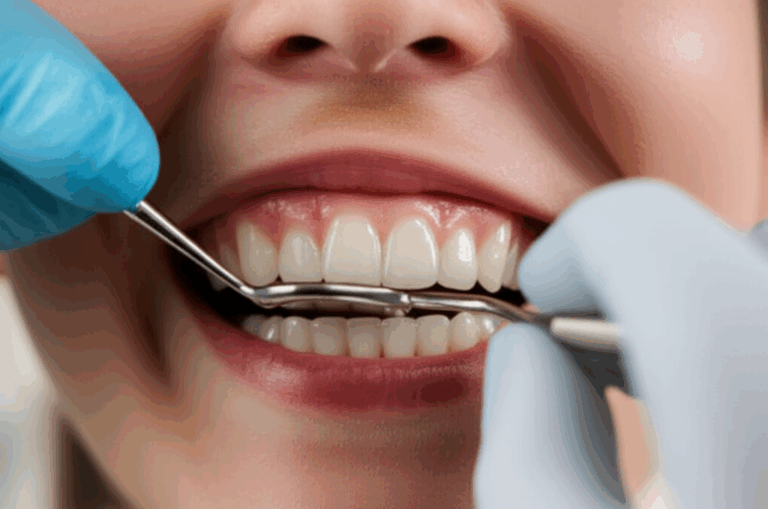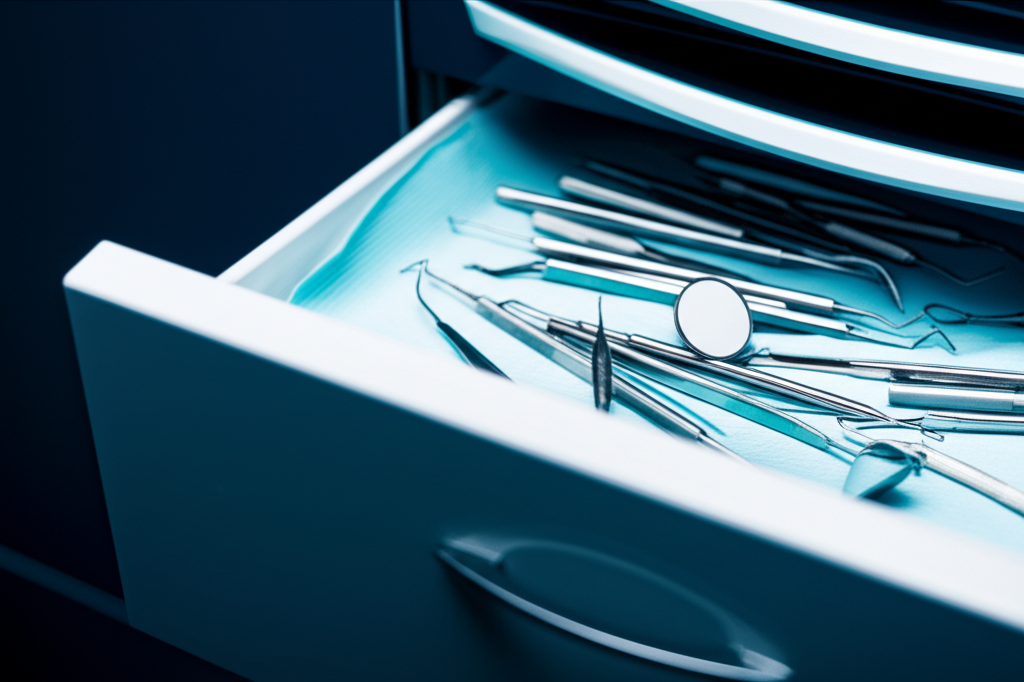
Understanding the Hidden Struggles: Why Are Dentists Prone to Suicide and Mental Health Issues? (Insights from Reddit and Beyond)
That question—”Why do dentists have such high suicide rates?”—might seem surprising at first. If you’ve searched this topic on Reddit, you’re probably looking for real answers, not just numbers. Maybe you’re a dental student getting ready for what’s next, a worried friend or family member, or just someone who wants to understand what’s behind the smile in that white coat.
It’s a really important question, and it should get a caring answer. So let’s talk openly, using both facts and real voices from the dental community to dig into what’s behind these headlines. If you’re worried, unsure, or just curious, you’re definitely not alone. And yes—there is help out there.
In This Article
- The Truth About Dentist Mental Health
- Unique Pressures Dentists Face Every Day
- What Reddit Reveals: Real Voices from the Dental World
- What the Data & Research Actually Tell Us
- How the Dental Field is Addressing the Problem
- What You—Or Someone You Love—Can Do Next
- Key Resources for Support and Help
The Truth About Dentist Mental Health
So, is it true that dentists have a higher risk of suicide or mental health problems? It’s a question that comes up again and again—on Reddit, in the news, and even at dental meetings.
The Honest Reality:
People have thought for a long time that dentists have more stress, worry, sadness, and yes, a higher chance of suicide than some other jobs. The numbers can be confusing, and different studies disagree, but the main idea is clear: many dentists struggle quietly in the background.
Why Does This Matter?
When you think about a dentist, you might picture someone successful, safe, and confident. But under that image, there are deep stresses—money, job, and personal life—that can add up over time. Ignoring these pressures doesn’t make them go away. Facing them, and talking about them, is the first step toward change.
Unique Pressures Dentists Face Every Day
If you’ve ever wondered, “But why dentists? Isn’t their job safe and good-paying?” you’re not alone. Here’s where it gets real. Dentistry comes with its own list of pressures. Let’s look behind the curtain.
Money Problems & Debt
Imagine finishing school and instantly owing as much as a house—sometimes over $300,000. For many young dentists, that’s real life. Between high student loans, the big costs of starting a practice, buying supplies, and dealing with insurance, money worries can be huge.
And, unlike other health workers with hospital jobs, many dentists run their own offices. If the phone doesn’t ring, the bills still have to be paid.
Reddit voices say:
“I feel this constant pressure just to break even, let alone get ahead. There’s no safety net.”
Being Alone & Office Stress
Working by yourself is both good and bad. It’s nice to be your own boss, but having your own practice can mean long days with little support. Managing staff, handling payroll, paying taxes—it’s all on the dentist’s shoulders. Unlike hospital doctors, many dentists miss being part of big teams.
One Reddit user said:
“I didn’t realize how lonely running my own practice would feel. Some weeks, I barely talked to another dentist.”
Trying to Be Perfect
Dentists need to be very careful. One small mistake—a tiny tilt or a missed spot—can cause problems or unhappy patients. That pressure can feel heavy.
And don’t forget: most dental work is right next to a person’s brain. If you already want things to be just right, this job makes that even stronger. It’s like threading a needle all day, every day, with someone’s health at risk.
Body Pain
Dentists often stand, bend, and lean over patients for hours. Over 70% report neck, back, or shoulder pain. This pain isn’t just annoying—it can get so bad that someone has to quit early, or can lead to feeling sad or hopeless.
Patient Fear & Emotional Tiredness
Most people don’t enjoy going to the dentist. Dentists spend their days calming nervous patients, treating pain, and sometimes giving bad news. All that emotional work—called “compassion fatigue”—can drain even the kindest professional.
Fear of Stigma & Substance Abuse
Here’s a tough one. In lots of places, if dentists get help for mental health, they worry it could hurt their license or reputation. This fear keeps people quiet when they need help most. Add to that the easy access to drugs for pain or stress, and some dentists may start self-medicating. Addiction is a real risk.
What Reddit Reveals: Real Voices from the Dental World
If you want the unfiltered story, Reddit has it. Dentists, students, and their families gather in sites like r/Dentistry and r/DentalSchool to talk openly. Being anonymous makes it safer to share what they can’t say anywhere else.
Common Reddit Themes
- Big Debt:
“I keep thinking about how long it’ll take to pay this off—maybe decades.”
- Feeling Alone:
“Practicing solo means there’s nobody to vent to when a tough case goes wrong.”
- Perfection Stress:
“The expectation is 100% perfection, but that’s not realistic. Every error feels huge.”
- Patient Pressure:
“Some patients expect miracles every time, no matter how tough the situation.”
- Job Doubt:
“Sometimes I wonder if it was all worth it.”
Why Reddit Matters
Why do people go to Reddit for this? Because it’s one of the few places where they can be honest and feel understood. Dentists see that they aren’t alone—and that feeling, simple as it is, can help someone keep going just one more day.
What the Data & Research Actually Tell Us
But you deserve more than just stories. Let’s use some facts too.
Basic Numbers
- Depression:
- About 11–15% of dentists say they have medium to bad depression—higher than most people.
- Anxiety:
- Up to 20% say they deal with big anxiety.
- Burnout:
- About half to two-thirds say they get burned out at some point.
- Drug Abuse:
- Dentists are more likely than most to have trouble with prescription drugs, often because of pain or stress.
- Body Pain:
- Over 70% feel pain in their back, neck, or shoulders from work.
(Sources: American Dental Association, Journal of the American Dental Association, and other public health research.)
What Causes All This?
Researchers say there are a few main reasons:
- Money Worries: Not just debt, but running a practice, insurance headaches, competition, and not always knowing how much money is coming in.
- Being Alone at Work: Not much support from other dentists, especially if you work by yourself.
- High Job Standards: The rules and expectations are set very high—sometimes too high.
- Fear of Getting Help: Dentists worry that getting help could get them in trouble or judged.
- Body Strain: The job is hard on the body, which affects your mood too.
- COVID-19: Since the pandemic, stress has gone up even more, with shut-downs and new safety rules.
Quick Look Table
| Issue | Prevalence / Impact |
|---|---|
| Depression | 11–15% dentists |
| Anxiety | Up to 20% |
| Burnout | Around 50–66% |
| Substance Abuse | Higher than average |
| Physical Pain | Over 70% have symptoms |
| Financial Stress | Avg. $300K+ loan debt |
How the Dental Field is Addressing the Problem
The good news? People in dentistry aren’t ignoring these problems anymore. Here’s what’s changing and how dentists can find support—on the job and at home.
Groups Take Action
Big organizations like the American Dental Association (ADA) and local dental groups now see mental health as a real problem. They’ve started:
- Peer support groups
- Hotlines
- Mentors for new dentists
- Training about work-life balance and stress
- Working to get rid of the shame about asking for help
Some dental schools now teach how to manage stress and warn students about mental health risks.
What Dentists Can Do
- Take Care of Yourself:
Exercise, eat right, and find a hobby outside of dentistry. Even small changes can help.
- Talk to Other Dentists:
Join study clubs, online groups, or local meetings. Sharing your story helps with loneliness.
- Get Help Early:
Therapy and counseling are tools to get better, not signs you failed. Some counselors are experts at helping doctors and dentists.
Some states even have private help programs for dentists.
- Set Realistic Goals:
Nobody is perfect. Learn when “good enough” is really good enough.
- Pay Attention to Posture:
Standing and sitting the right way can lower pain, and less pain improves mood.
Bigger Changes
Dentists also need help from policy-makers. Things in the works include:
- Teaching about wellness and strength in dental school
- Better ways to repay student loans
- Changing licensing laws so getting help doesn’t hurt your career
- More support and group jobs, especially for solo or rural dentists
- Talking to insurance companies about lowering business costs
What You—Or Someone You Love—Can Do Next
If you’re reading this because you or someone you care about is struggling in dentistry, don’t wait to get help. Here’s what you can do, one step at a time.
If You’re a Dental Professional
- Talk to Someone.
A friend, family member, or a professional. Talking is the first step.
- Find a Group.
There are private online or in-person groups—ask your dental society where to start.
- Check Out Mental Health Care.
Counselors and therapists keep things private. Many know a lot about “job burnout.”
- Take Short Breaks.
Walks, deep breaths, or just a coffee break can all help.
- Let Go of Perfection.
Patients want a caring doctor—not a perfect robot.
If You’re a Friend or Family Member
- Listen Without Judging.
Sometimes, people just need to say they’re not “fine.”
- Suggest Help.
Gently mention support groups or a counselor.
- Remind Them They’re Not Alone.
The pressure is real, but help is out there.
If You’re Thinking About a Dental Career
- Know The Truth.
Shadow a dentist, talk to new grads, and learn all sides of the job.
- Plan for Money.
Look for scholarships and don’t borrow more than needed. Don’t buy fancy stuff too early.
- Pick Supportive Schools.
Some dental programs do more to help students’ mental health.
The Myth of the “Happy Dentist”: Why We Need to Talk
Let’s talk about the big myth: that dentists have it all together. Lots of money, time off, perfect smiles, perfect lives.
But, as you now know, it’s not so simple. Like many “high-status” jobs, dentistry sometimes hides real pain behind a nice surface.
Speaking out is how we make things better. The stories on Reddit and other sites aren’t just stories—they’re a push for real change.
Your Healthy Takeaway: Key Points
- Dentistry can be a great job, but it brings lots of money, body, and emotional pressures.
- More than half of dentists will feel burned out; sadness and worry are common too.
- Main problems are debt, loneliness, trying to be perfect, pain, and managing patients.
- Dental groups, friends, and your own efforts can all help stop or handle mental health problems.
- Getting help takes courage—not weakness.
- If you or someone you know is in trouble, reach out to groups like the National Suicide Prevention Lifeline.
Important Resources for Dental Professionals
Remember—you’re not alone, and help is closer than you think.
- National Suicide Prevention Lifeline (1-800-273-8255)
- Crisis Text Line: Text HOME to 741741
- American Dental Association (ADA) Dentist Well-Being Resources
- Your state dental society—many have private help programs
- Trusted Reddit communities, like r/Dentistry (for advice and sharing stories)
Empower Yourself: Next Steps for a Healthier Dental Career
Dentistry doesn’t have to hurt. Whether you’re the dentist or just supporting one, here’s what you can do today:
- Talk about it. Openness beats shame.
- Take small self-care steps. A walk. A call. A breather.
- Find or be a mentor. One talk can change things.
- Ask for change. Ask for mental health training and more support where you work.
Every dentist matters—real support is possible. Your well-being is worth as much as any patient’s smile.
Related Topics You May Find Useful
- Discover advances in digital dental labs and how they can make work less stressful.
- Learn more about high-quality work and help from a crown and bridge lab, helping share the dental workload.
- Want to know about dental night guards? Read about night guard dental lab solutions.
Have More Questions?
Your own health is just as important as your patients’ teeth. If you’re struggling, don’t wait—reach out. If you want to make your dental career better, talk to other dentists, find a mentor, or check out a helpful lab who knows what dentists face.
Because behind every great smile is a real person who matters—sometimes more than they know.

